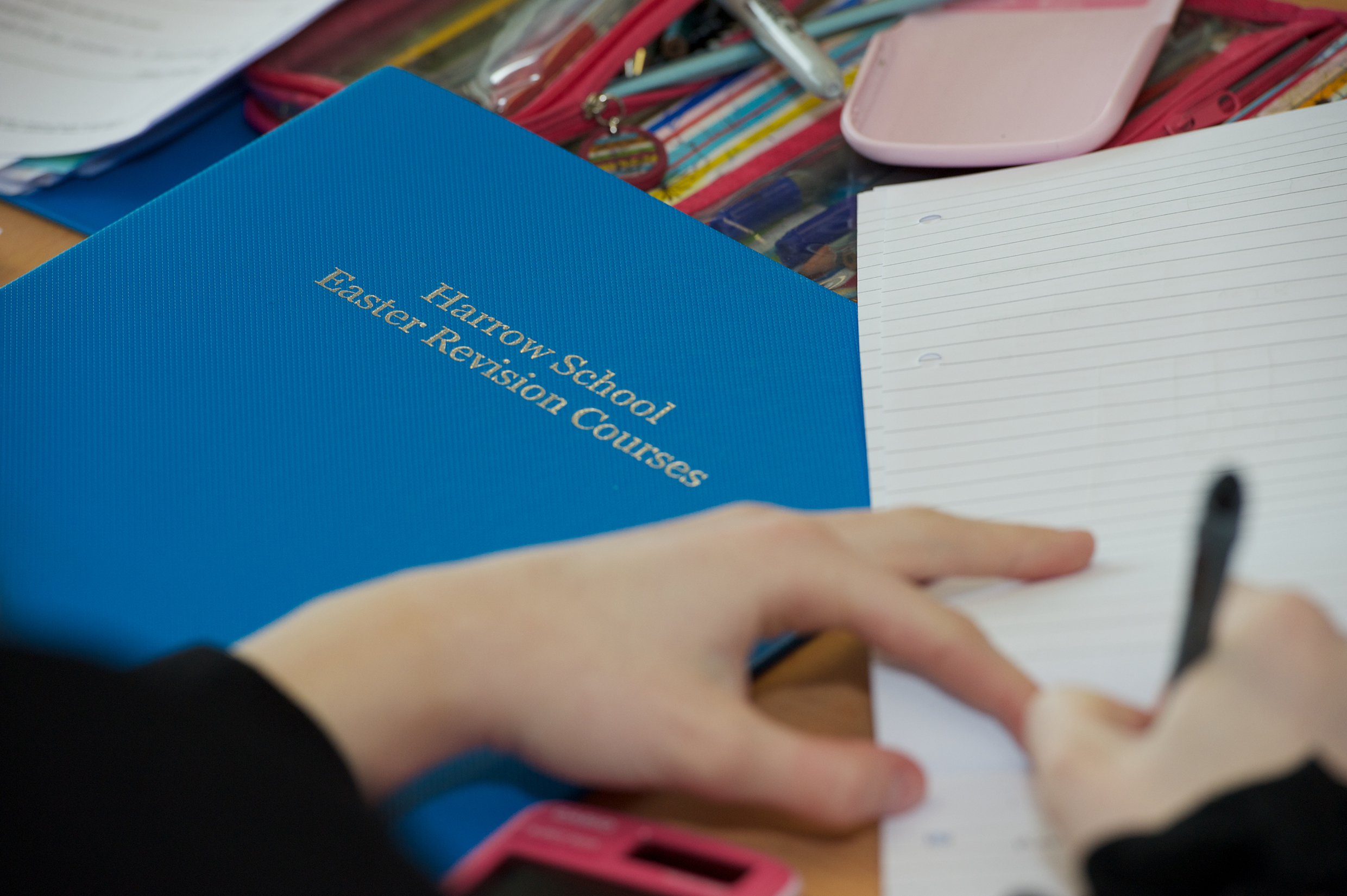
13 Jan Top Revision Tips
The Christmas break is over and I’m sure all feel well rested after a long winter term. Yet for those youngsters taking public exams this summer, they will be beginning to think about preparing themselves for their mocks and the importance of the next two terms which lie ahead.
Far from indulging in lie-ins and the latest Netflix series, addressing gaps in knowledge and completing revision notes would likely have been the order of the day. But trying to juggle these demands alongside staying calm and positive can be a tricky business.
For many parents too, watching from the side-lines, unsure whether to coax, cajole or just trust their children to get on with it, this can be a challenging time. Whilst youngsters are usually well-prepared by their school for revision, there is often little guidance for parents on managing what is one of the most important – and possibly stressful – times in their child’s education. In this scenario, getting the balance right between providing support and encouragement whilst not imposing additional pressures may not be an easy one to achieve.
So how can you best help your child to navigate calmly and confidently through their revision? Here are our top tips to guide you:
- Reduce Pressure Where Possible – It is natural to want our children to achieve but parents’ hopes and expectations can add unhelpful strain. Explaining that exam results are not a measure of who your child is, what they might accomplish in the future – or indeed how much you love them – can make a positive difference. This is a good message for all youngsters to hear but particularly those who are prone to worry. Parents sometimes feel that, by taking this approach, they will be providing a ‘get-out-of-jail-free’ card, yet most teens are already under enough pressure from themselves to succeed (even though they may not always show it!). In fact, by removing extra pressure, you may find that your child will worry less about disappointing you and is more able to focus on the job in hand, ie. Revision.
- Offer Support – Ask what your child does (and does not) find helpful when they are revising. Offers of practical help rather than advice may be gratefully received. For example, do they find that external accountability is essential to completing tasks? If so, perhaps they can check in with you regularly when they have completed certain tasks on their revision plan. Other young people may work best independently with just intermittent check-ins. Sending encouraging notes or texts, practically offering to help your child organise their revision timetable or testing them on information they have learnt may be appreciated. Sometimes, just knowing that you are in the vicinity, just as company or to help if required, can be very reassuring.
- Encourage Communication – Focus on really listening, empathising and understanding your child’s feelings during this period. How often have you felt worried about an event or situation, and you’ve spoken to a friend or partner and they say, “don’t worry about it, everything will be fine!”? How have you felt? In life, exam results are just one measure of success but, at the tender age of 16, it may not feel this way. By acknowledging fears and by genuinely empathising, you really increase the chance that your teen will want to talk with you more about their concerns and accept your support to address them – now and in the future.
- Coping with Nerves – Keep channels of communication open so that your child can talk about exam nerves can be important. Knowing that these are a normal part of tackling new challenges can help their own peace of mind (and yours too). Let your child know that they are not alone in feeling this way and normalise any difficult thoughts and feelings. Feeling nervous about exams is usual and, up to a certain point, can even be helpful in terms of performance, can be very reassuring.
- Think Self-Care (and not just for them!) – Exam preparation will be compromised by a timetable of intense study with little else in-between. Any way in which you can promote well-being as the foundation of good revision will be beneficial. For example, when devising a revision plan, encourage your child to identify times when they will have regular rest, exercise and relaxation breaks. They may wish to spend this time checking their social media or watching favourite television programmes, but also encourage fun activities which involve connection with other people. For example, having friends around for a film and popcorn evening, preparing a meal and eating as a family, or going for a walk together.
- Facing Concerns – If you feel that your youngster is overly avoiding their work or revision, then you and they may need some help. In such circumstances, talk to your child about the importance of getting extra support and framing this as a positive step. Liaison with their school will be essential as early on as possible. Often in the first instance, you may wish to contact their tutor, subject teacher or the school’s Special Educational Needs Co-ordinator (SENDCo). These professionals will be able to advise best on next steps. Does your child’s school run subject clinics or provide extra help in how to organise their time for revision, for example? In some cases, seeking support from your GP may be helpful.
- Staying motivated – Encourage your youngster to find ways to tackle those more challenging elements of their revision. One way might be to pair activities they do not enjoy with those they do. For example, rather than learning language vocabulary or history dates by themselves in their room, could they call friends to test each other? Whilst offering rewards for achieving exam results is not recommended, planning a small gathering together to celebrate the end of exams, rather than focusing when the achievement of results, can be a nice touch and motivational too.


